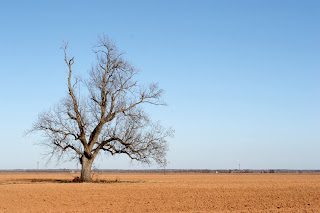Durban Conference on Climate Change 2011
By B. McPherson
The UN Conference on Climate Change being held in Durban South Africa has only opened but already the prospect of a united front to combat changes that humanity is making in the Earth’s climate look dim. Canada has made it clear that the Kyoto Protocol is dead in the water. That agreement that Canada’s representatives signed, obligated the signatories to reduce greenhouse gases by a little over 5% from their 1990 levels. The Kyoto Protocol left loopholes such as trading emission credits and ignored greenhouse emissions from the shipping and aviation industries.
The U.S. did not sign on to the Kyoto agreement at all, stating that it was inherently unfair as no similar obligations would be placed on the rapidly emerging economies of China(PRC) and India. It now appears that Japan and Russia will not renew their commitment to Kyoto in 2012 either.
Those countries that are feeling the brunt of climate change, whether it is a natural cycle or anthropomorphic, are urging the large, manufacturing economies to rethink their positions.
It is opinion only, but it seems to me that these huge annual conferences are the antithesis of behaving in a “green” manner. Many government representatives attend to swell the local economy for a few days. For instance, about 10 000 delegates attended the 2007 conference on the tropical island of Bali. There are approximately 11 000 attending this year’s dog and pony show. It’s a fair question to ask how many of those delegates flew to Durban to attend. But those emissions from the air travel don’t somehow count as greenhouse pollution.
Since the economies of the richer nations have been badly affected by the banking breakdowns of 2008, more emphasis has been placed on trying to provide employment than attending to environmental issues. Europe is currently reeling from the massive debts that members of the Eurozone have piled up.
Last year, the UN conference in Cancun Mexico decided to set up a Green Climate Fund which would be available to help those poor countries cope with the changing climate. The rich countries would be obligated to contribute a total of $100 billion US dollars per year to mitigate the effects on these poorer countries. There is no agreement with regard to administering the fund or how to raise the cash to fund it.
Greenhouse gases are those that enter the Earth’s atmosphere and help to hold in heat that comes from the sun. They act much as the glass in a greenhouse does. There are natural sources of these gases, but since the Industrial Revolution which has seen the extensive use of fossil fuels(coal, oil, natural gas) the amount of carbon dioxide has steadily increased in the atmosphere.



Comments
Post a Comment